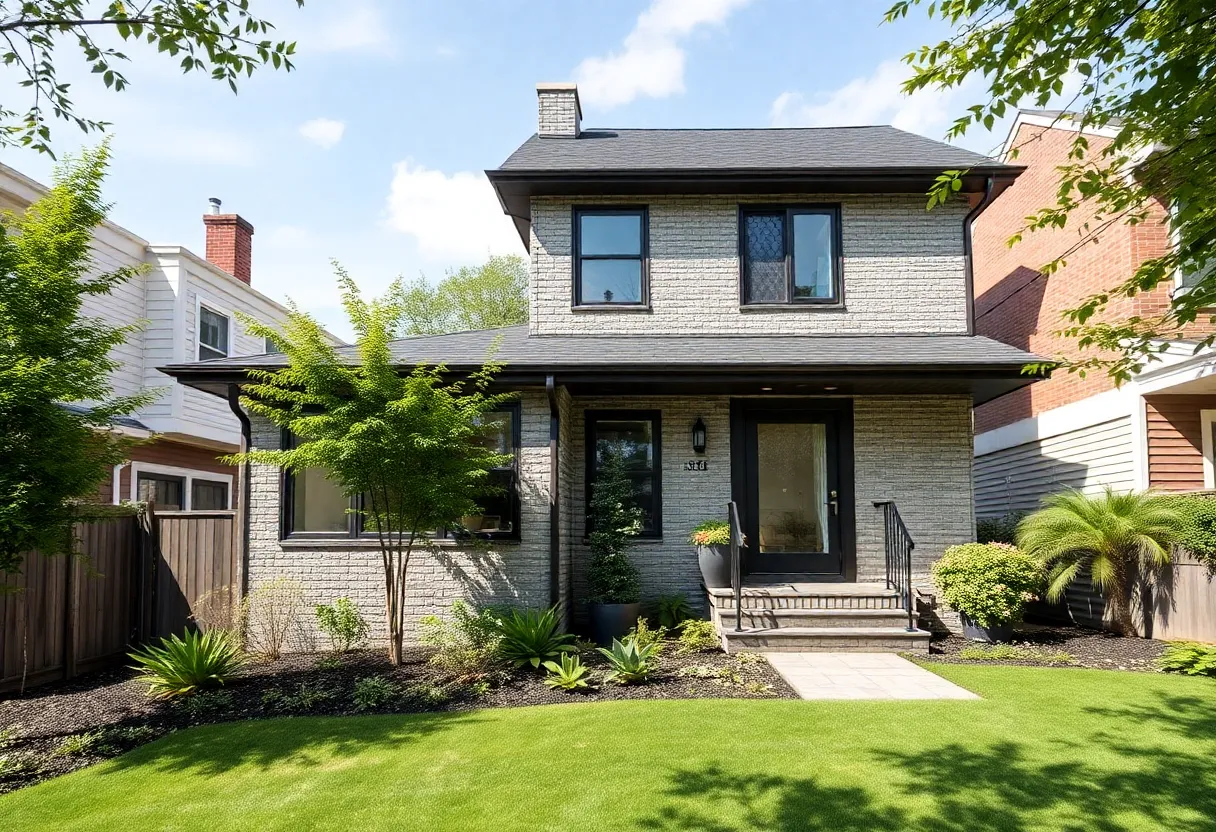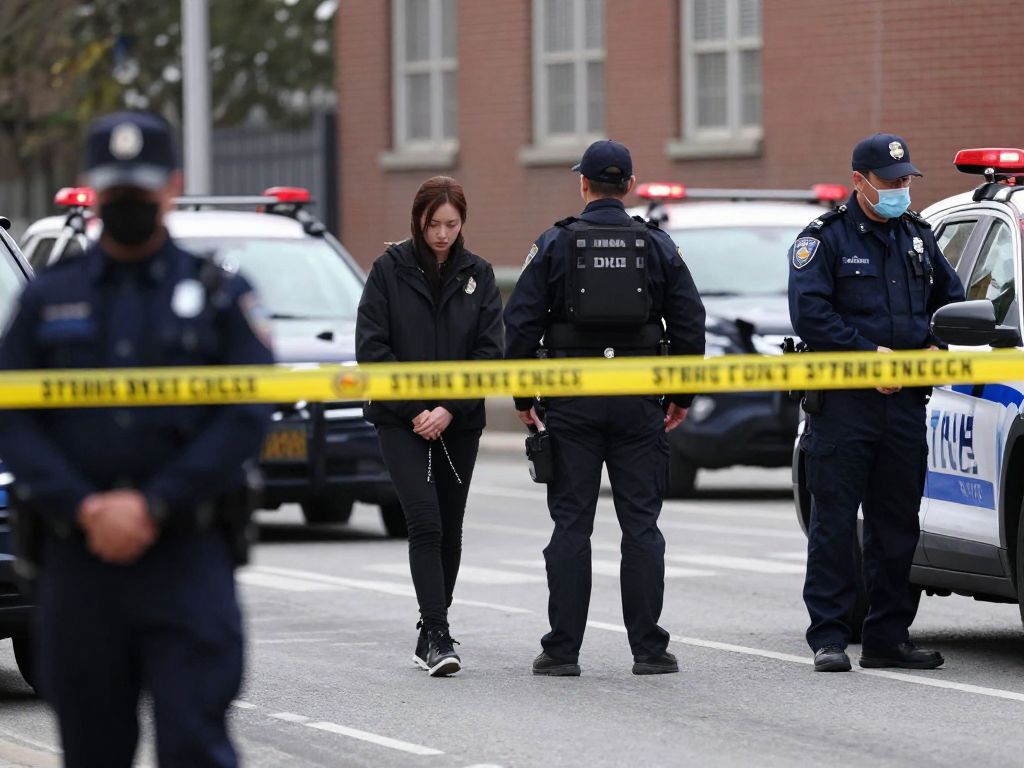How to Successfully Plan Your Home Renovation in Philadelphia: Tips from Local Experts
Assess Your Renovation Goals
Establishing clear objectives forms the foundation of a successful renovation. Determine whether your primary focus is on improving functionality, enhancing aesthetic appeal, or boosting property value. Precise goals help prioritize tasks, select appropriate materials, and communicate your vision effectively to contractors. For example, a homeowner aiming to create an open-plan kitchen may prioritize removing walls, while another might focus on upgrading fixtures and finishes for a modern look. Avoid vague aspirations—be specific about what you want to achieve to streamline decision-making and project management.
Establish a Realistic Budget
Budgeting is a critical element of home renovation planning. In Philadelphia, renovation costs generally hover around $75 per square foot. For budget-oriented projects, costs may start at approximately $110 per square foot. Mid-range remodels typically fall within $150 to $200 per square foot. Clearly allocate funds for materials, labor, permits, and miscellaneous expenses. Incorporate a contingency reserve of 10–15% of the total budget to address unforeseen issues or changes during construction. Proper budgeting prevents mid-project financial stress and helps ensure that priorities are met without sacrificing quality.
Research Zoning and Permitting Requirements
Philadelphia’s building codes and zoning regulations are strictly enforced. Many renovation projects require permits from the Department of Licenses and Inspections (L&I). Structural modifications, electrical rewiring, plumbing updates, and significant layout changes often necessitate official approval. In addition, if your property resides within a historic district, you will need additional clearances from the Philadelphia Historical Commission. Always verify specific permit and approval requirements well before scheduling work to avoid delays. Non-compliance can result in fines or work stoppages that disrupt your schedule and budget.
Choose a Qualified Contractor
Selecting a reputable contractor influences the success and quality of your renovation. Seek professionals with demonstrated local experience and proper licensing. Contractors familiar with Philadelphia’s unique building codes and historic preservation rules offer significant advantages. Request portfolios and references to assess their workmanship. Transparency regarding pricing and timeline estimates is essential. Beware of vague quotes or contractors unwilling to provide detailed contracts. A well-vetted contractor minimizes risks and ensures your project adheres to code, safety standards, and your expectations.
Plan for Potential Disruptions
Home renovations can be intrusive, producing noise, dust, and restricted access to parts of your residence. Larger projects may require temporary relocation or alternative arrangements. Set realistic expectations for how long disruptions will last. Communicate regularly with your contractor regarding project milestones and any emerging issues. Precise planning and ongoing updates keep disruptions manageable and prevent misunderstandings. Consider protective measures such as dust barriers and safety protocols to minimize inconvenience and maintain safety during construction.
Prioritize Functionality and Efficiency
Focus on making your home more practical and energy-efficient. Reconfiguring spaces, optimizing storage, or upgrading to ENERGY STAR-rated appliances enhances daily livability. These improvements also tend to increase the property’s market appeal. For example, adding built-in shelving, upgrading insulation, or installing energy-efficient windows can significantly boost comfort while reducing utility costs. When planning, choose design elements that simplify day-to-day living and promote sustainable practices.
Incorporate Sustainable Practices
Eco-friendly renovation features offer long-term benefits, including cost savings and environmental impact reduction. Key options include solar panel installations, LED lighting, sustainable building materials, and high-efficiency HVAC systems. Incorporating rainwater harvesting or low-flow fixtures promotes water conservation. Although initial investments might be higher, these upgrades typically pay for themselves through lower energy bills and increased home value. Sustainable practices also align with Philadelphia’s emphasis on green development, making your property more attractive to future buyers.
Maintain Open Communication
Clear, ongoing dialogue with your contractor reduces misunderstandings. Regular meetings to review progress, address concerns, and confirm specifications are essential. Document decisions and changes to prevent disputes or misinterpretations later. Transparent communication fosters trust and ensures that both parties stay aligned with project goals. Promptly resolving issues diminishes delays and keeps the project within time and budget constraints.
Be Flexible and Adaptable
Unforeseen challenges invariably emerge during renovations. Structural issues hidden behind walls or outdated wiring may be discovered unexpectedly. Flexibility in your plans helps you accommodate necessary changes without significant frustration or costly delays. Maintain a problem-solving mindset, adjusting timelines or budgets as needed. This resilience prevents setbacks from derailing your entire project and ultimately leads to a more satisfactory result.
Focus on Quality Over Quantity
Prioritize durable, high-quality materials and skilled workmanship. Investing in well-made fixtures, cabinetry, and finishes pays off with longevity, reduced maintenance, and higher resale value. Though tempting to cut corners to save costs, inferior materials often result in frequent repairs and replacement. Effectively, placing emphasis on quality safeguards your investment and ensures your renovation withstands time and wear.
Consider Resale Value
Even if you plan to stay in your home long-term, renovations should align with the neighborhood’s standards. Over-improving can result in investments exceeding market value, leading to financial loss. Focus on upgrades that are desirable in your area, such as modern kitchens, updated bathrooms, or enhanced curb appeal. Analyzing local market trends helps identify features that offer the best return, ensuring your renovation adds value without overspending.
Stay Informed About Costs
Track typical renovation costs for specific projects. For instance, kitchen remodels in Philadelphia tend to range from $15,000 to $30,000 for under 100 square feet. Larger or high-end projects can cost upwards of $65,000 or more. Understanding these averages helps set realistic expectations. Detailed estimates and cost breakdowns facilitate better budget management and prevent surprises.
Prepare for the Unexpected
Hidden problems like outdated wiring, mold, or structural flaws are common during renovations. Incorporate contingency funds into your budget to handle these surprises. Having a flexible timeline allows for scheduling adjustments if issues emerge. Early assessment and thorough inspections mitigate risks, but readiness for unforeseen issues ultimately safeguards your project timeline and financial plan.
Embrace the Process
View your renovation as an opportunity to craft a space that reflects your style and functional needs. Patience and effective management are key to achieving an ideal result. Trust in the expertise of your contractors, and stay involved without micromanaging. Flexibility and a positive outlook help turn inevitable setbacks into opportunities for better solutions.
FAQ
What permits are required for home renovations in Philadelphia?
Permits are generally required for structural changes, electrical rewiring, plumbing updates, and major layout modifications. Always consult the Department of Licenses and Inspections (L&I) for specific project requirements and ensure compliance to avoid delays or penalties.
How can I find a qualified contractor in Philadelphia?
Seek licensed contractors with local experience. Review their portfolios and references. Prioritize transparency in quotes and timelines, and verify familiarity with Philadelphia’s building codes and historic district regulations to ensure quality and compliance.
What are the average costs for a kitchen remodel in Philadelphia?
Remodeling a kitchen under 100 square feet typically costs between $15,000 and $30,000. Larger or more upscale renovations can reach around $65,000. Costs depend on materials, scope, and finishes chosen.
How can I incorporate sustainable practices into my renovation?
Implement eco-friendly features such as solar panels, energy-efficient appliances, sustainable materials, and water-saving fixtures. These choices reduce long-term costs and environmental impact, aligning with green building trends.
What should I do if unexpected issues arise during the renovation?
Maintain flexibility and address problems promptly. Hidden issues such as wiring or structural defects require adjustments to your timeline and budget. Preparedness and a problem-solving approach are vital for a smooth process.
Key Features of Home Renovation Planning in Philadelphia
| Feature | Description |
|---|---|
| Permitting Requirements | Essential to consult the Department of Licenses and Inspections (L&I) to determine specific permit requirements for your project. ([Official Guidance]) |
| Budget Considerations | Allocate funds for materials, labor, permits, and unexpected expenses. Include a contingency fund of 10–15% to cover unforeseen costs. ([Official Guidance]) |
| Contractor Selection | Seek professionals with local experience and proper licensing. Review portfolios, check references, and ensure familiarity with Philadelphia’s building regulations. Transparency in quoting is vital. ([Official Guidance]) |
| Sustainable Practices | Incorporate eco-friendly features such as solar panels, energy-efficient appliances, and sustainable materials for long-term savings and environmental benefits. ([Official Guidance]) |
| Communication and Flexibility | Maintain open communication with your contractor and be adaptable when unexpected challenges occur, ensuring project continuity. ([Official Guidance]) |
Author: STAFF HERE PHILADELPHIA WRITER
The PHILADELPHIA STAFF WRITER represents the experienced team at HEREPhiladelphia.com, your go-to source for actionable local news and information in Philadelphia, Philadelphia County, and beyond. Specializing in "news you can use," we cover essential topics like product reviews for personal and business needs, local business directories, politics, real estate trends, neighborhood insights, and state news affecting the area—with deep expertise drawn from years of dedicated reporting and strong community input, including local press releases and business updates. We deliver top reporting on high-value events such as Mummers Parade, Philadelphia Flower Show, and Thanksgiving Day Parade. Our coverage extends to key organizations like the Greater Philadelphia Chamber of Commerce and United Way of Greater Philadelphia, plus leading businesses in telecommunications, food services, and healthcare that power the local economy such as Comcast, Aramark, and Children's Hospital of Philadelphia. As part of the broader HERE network, we provide comprehensive, credible insights into Pennsylvania's dynamic landscape.





